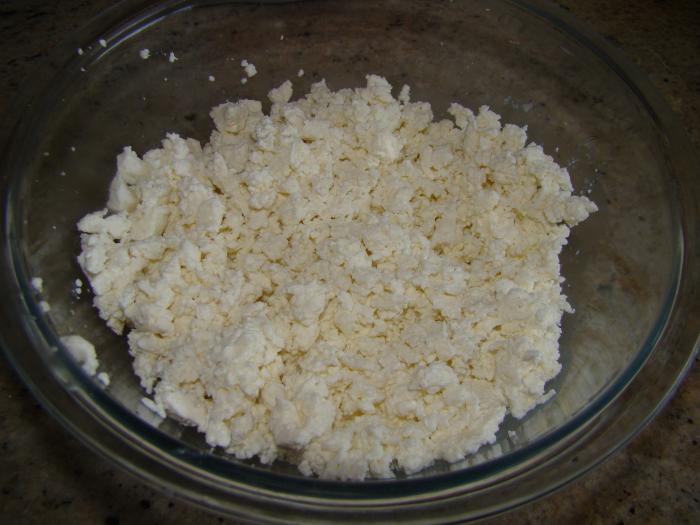I'm on my 6th time making mozzarella now and been getting basically the same result each time: I get good curds, when I add 175 degree water to them and let them sit, they never get elasticky? The product I'm getting is cheese, and it's not bad, but it's no mozzarella.
The first few times I used a regular store bought milk, this last time I used the Whole Foods 365 Organic at the recommendation of one of the other threads - but got the same result
Here's the basic recipe I'm following:
1 gal milk, brought up to 88-92, adding 1 1/4 tsp lemon juice as citric acid, 1 hr rest. Adding 1/4 tsp calcium chloride (diluted in 1/4c water). Adding 1/4 tsp rennet, sit for 20 min. Cutting curd (clean break) into 1" cubes, stirring every 10 min for 30 min, then allowing curds to rest for 30 min (holding at 88-92 the whole time). Transfer curds to cheese cloth, tie up and let dry a few hours at room temp; reserve whey. Remove curds from cloth, cut into 1" cubes. Heat up a whey/water mixture (1 gallon) to 175, add 1/2c salt. Add hot whey to curds, let sit a few minutes before working them.
I feel like every recipe I've read says this should work! Is it the milk I'm using or something else?
And help is appreciated!
The first few times I used a regular store bought milk, this last time I used the Whole Foods 365 Organic at the recommendation of one of the other threads - but got the same result
Here's the basic recipe I'm following:
1 gal milk, brought up to 88-92, adding 1 1/4 tsp lemon juice as citric acid, 1 hr rest. Adding 1/4 tsp calcium chloride (diluted in 1/4c water). Adding 1/4 tsp rennet, sit for 20 min. Cutting curd (clean break) into 1" cubes, stirring every 10 min for 30 min, then allowing curds to rest for 30 min (holding at 88-92 the whole time). Transfer curds to cheese cloth, tie up and let dry a few hours at room temp; reserve whey. Remove curds from cloth, cut into 1" cubes. Heat up a whey/water mixture (1 gallon) to 175, add 1/2c salt. Add hot whey to curds, let sit a few minutes before working them.
I feel like every recipe I've read says this should work! Is it the milk I'm using or something else?
And help is appreciated!



